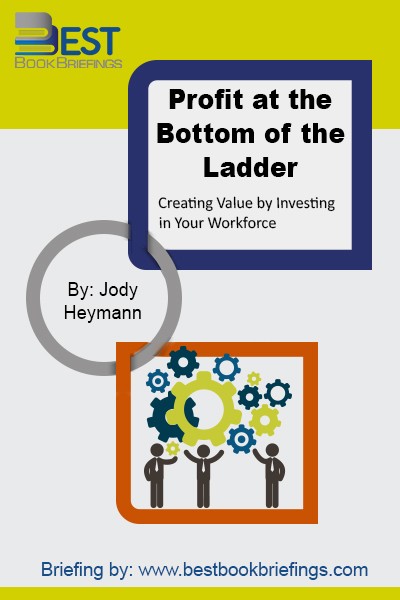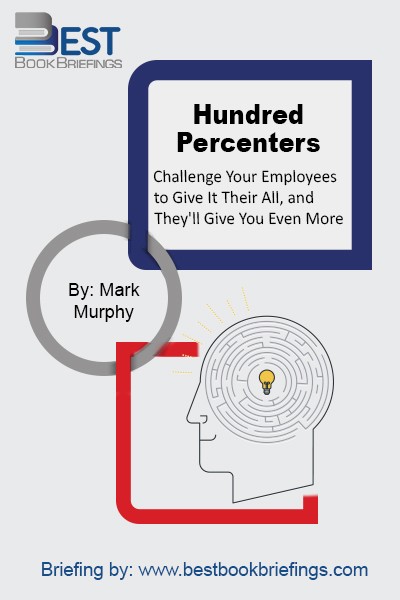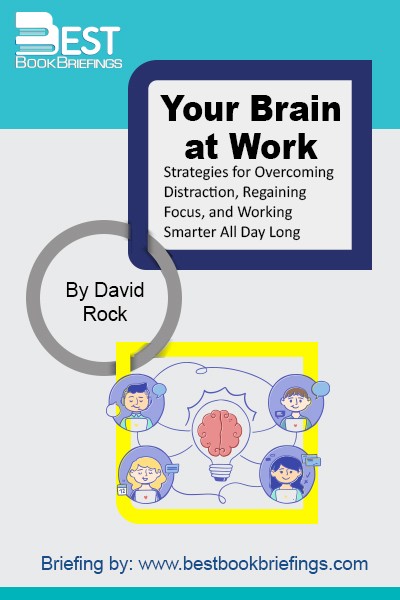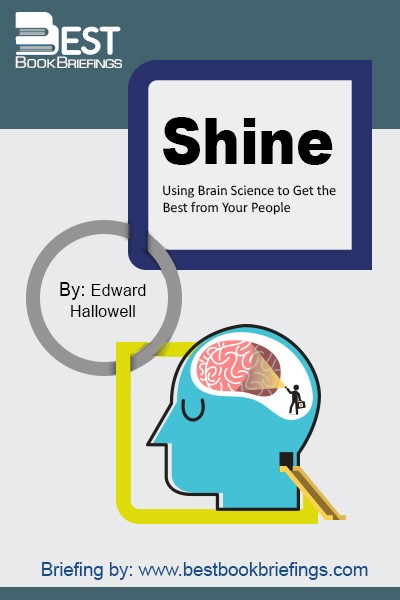Shine
Using Brain Science to Get the Best from Your People
Number of pages: 224
Publisher: Harvard Business Review Press
BBB Library: Human Resources
ISBN: 9781591399230
Editorial Review
In Shine, bestselling author, psychiatrist, and ADD expert Edward Hallowell draws on brain science, performance research, and his own experience helping people maximize their potential to present a proven process for getting the best from your people.
Book Reviews
Books on Related Topics

Most managers assume that surviving, especially in recessions, requires slashing wages, benefits, and other workforce expenses. And lowest-skilled workers are often viewed as the most expendable.In Profit at the Bottom of the Ladder, Jody Heymann overturns these assumptions. Drawing from thousands of interviews with employees from front line to C-suite at

Peek out your office door and take a good look at your employees. With the exception of a few royal pains, you've got a nice group of people. By and large, they do good work, they get along with you and one another and they're generally well intentioned. But, are they

No matter what you do and what you aim for, you can always improve your performance, be more focused and productive, stay cool under pressure, reduce the length of meetings, and tackle the hardest challenge of all: influencing other people. You can also be a better parent and partner, perhaps even



